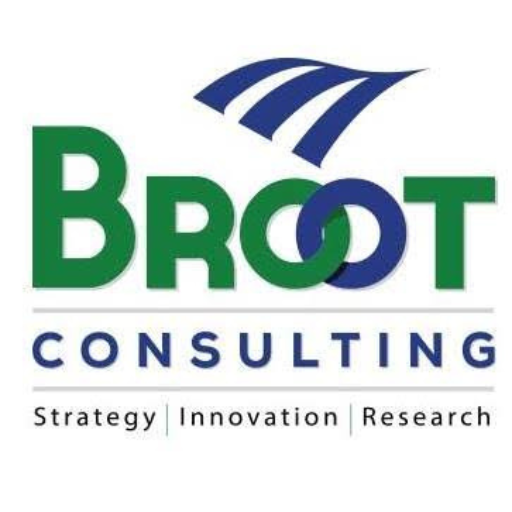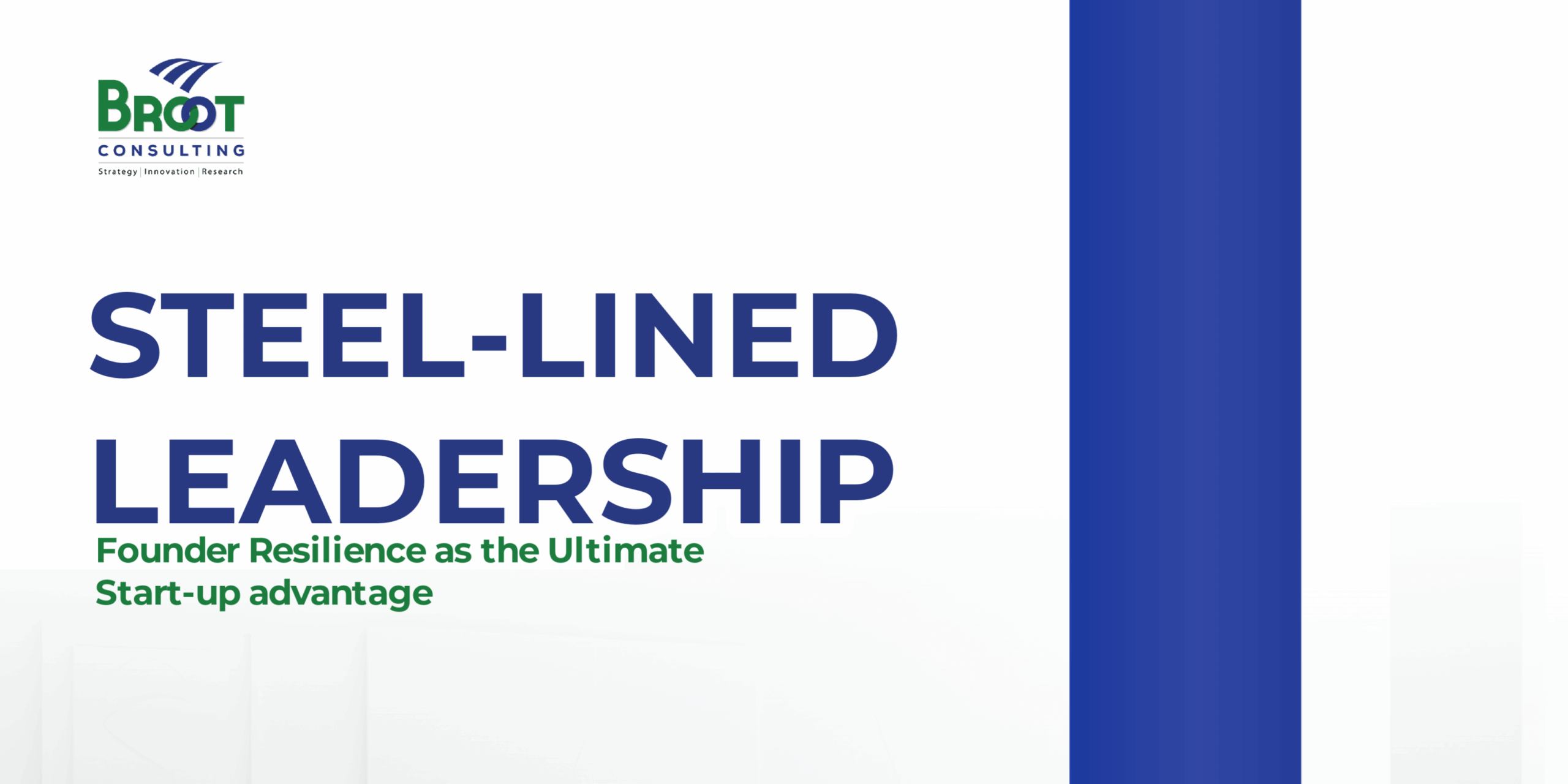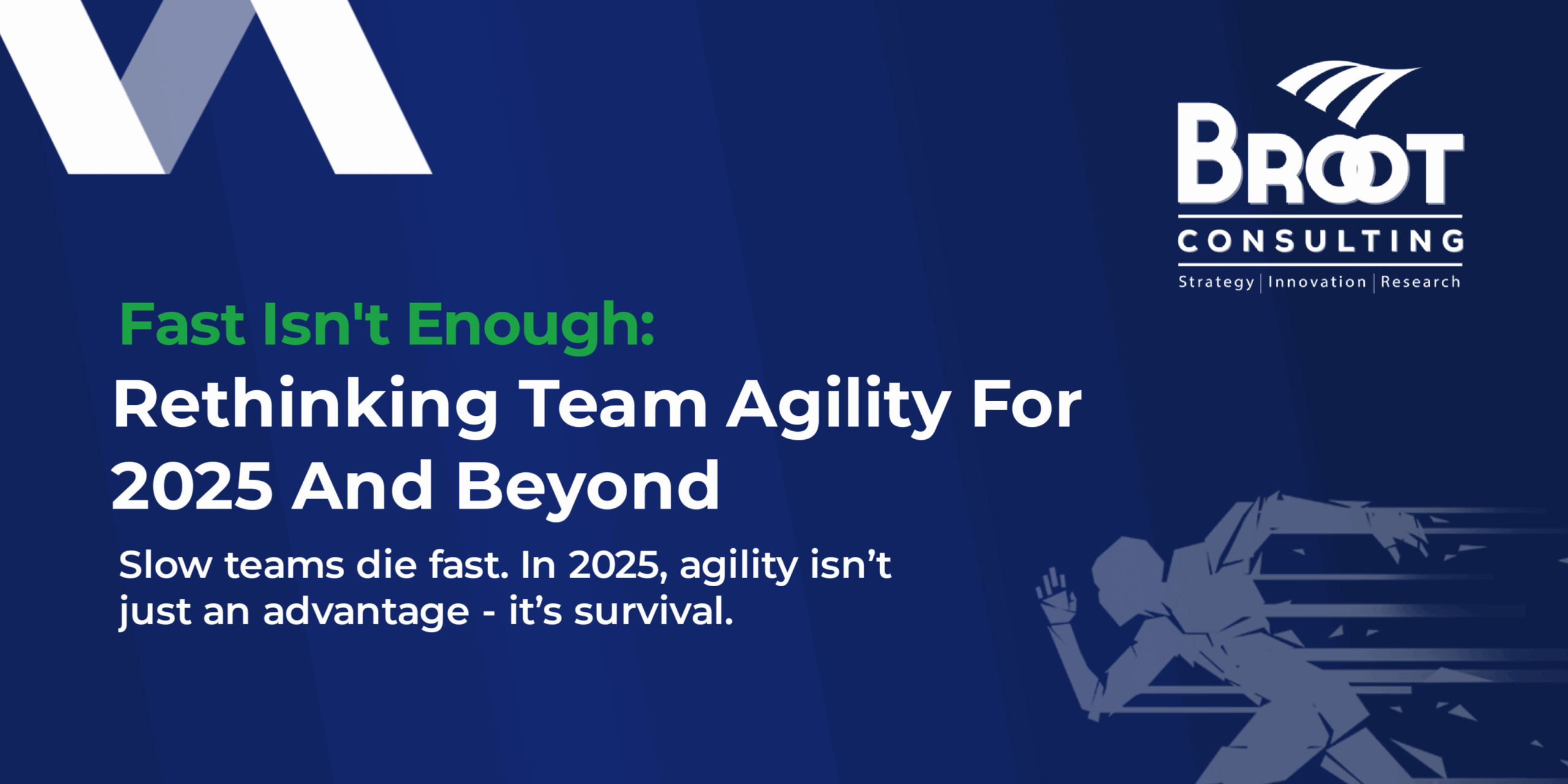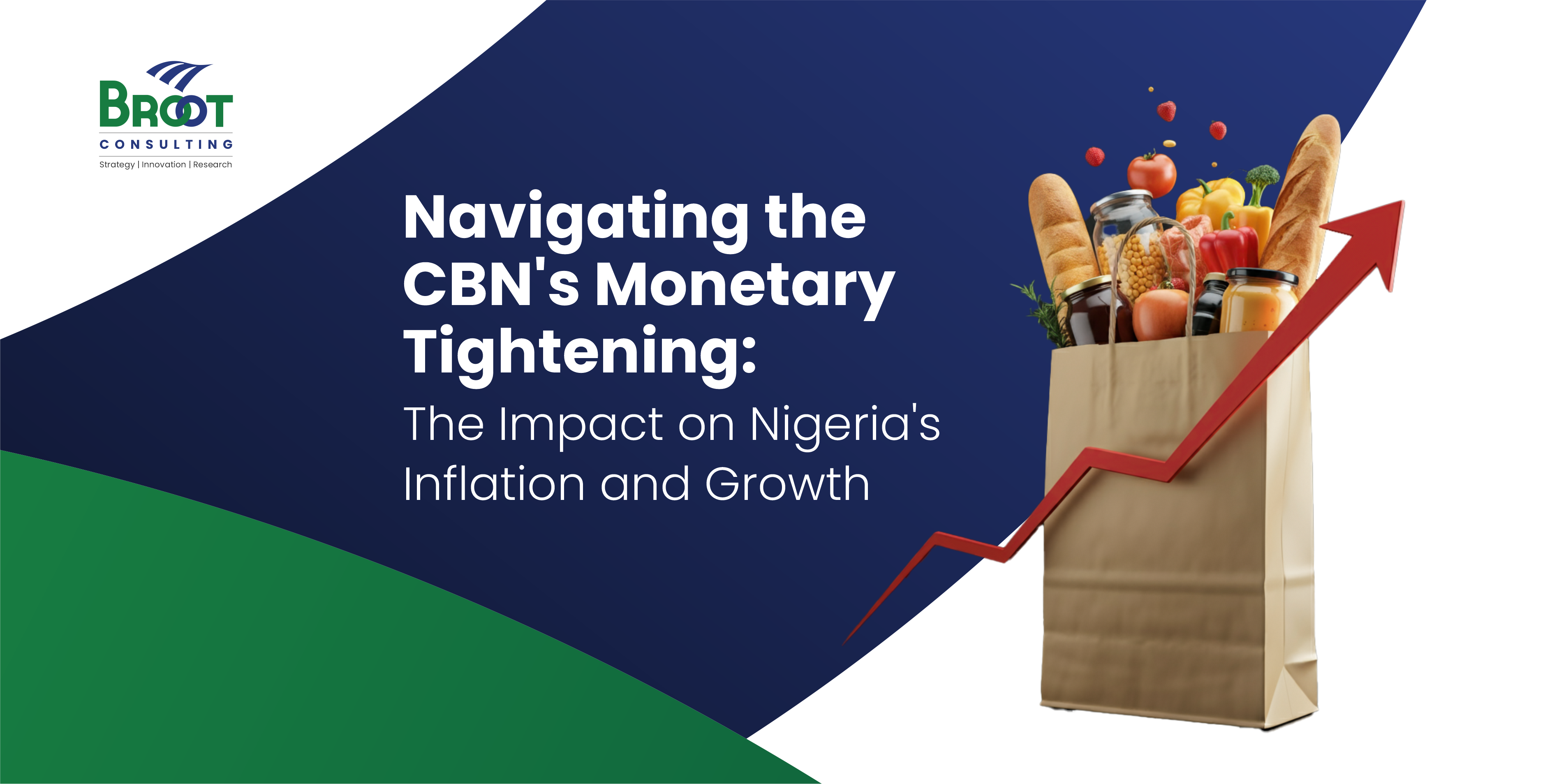Corporate value statements are everywhere, you see them on corporate
corridors, companies’ websites, nicely printed corporate brochures and many
other places. A survey by the Aspen Institute shows that 89% of companies have written core values. Companies spend an enormous amount of energy, time and money debating, discussing and arguing about what should be their core values. At the end of this intellectual jamboree, the executives come up with nicely crafted value statements that contain keywords such as Innovation, Team spirit, Integrity, Respect and Excellence.
Core values are well-crafted phrases that are expected to guide business practices; unfortunately, they turn out to be just a bunch of gibberish that most executives do not recall. If they do not remember, how are they expected to live by them? What proof do we have that core values are not most times a celebrated statement with little or no impact? The Core values of Enron before its demise were Respect, Integrity and Excellence; however, the company was caught in the web of outright deceit and fraud. It is quite disheartening that some of these core values are meaningless, wishy-washy, ineffective, or dishonest. Last week, the world was shocked because Facebook lost $120billion market value in less than 24hours, does this have any implication on core values?
It is just one in a million
BOBBY JONES one of the history’s greatest golfers in America, while playing against Willie McFarlane In the 1925 U.S. open championship at Worcester Country Club, inadvertently touched his ball and called a one-stroke penalty, against himself. No one saw the ball vacillate, not the TV camera, the gallery members, his caddie or even Willie, his competitor. Bobby was the only one that knew what happened. The officiating team questioned him “Are you sure? We didn’t see anything.” They asked members in the gallery, they asked each other, and they even asked Jones’ opponent, McFarlane. However, nobody saw anything. Not a soul! Jones was sure he had inadvertently moved the ball and was sure he should be penalised one stroke, and so he was. (How does this compare to Diego Maradona hands of God goal at the 1986 world cup final?).
The officials told him, he was to be congratulated. He disagreed. He looked them in the eye and said, “You may as well praise a man for not robbing a bank.” Jones believed that the only way to play the game is to play by the rule and he chose to play by the rules. Period! Moreover, in doing so, he honoured the integrity of the game.
Organisations bring untold hardship on their customers, investors, employees and the general public when they chose not to add meaning to their values. Living the established values come with pain and as Patrick Lencioni put it in his HBR article, Make Your Value Mean Something, he stated “If you’re not willing to accept the real pain that values incur, don’t bother going to the trouble of formulating a values statement. He observed that “80% of the Fortune 100 put out their values openly—but these values too often stand for nothing but a mere desire to be au courant or, worse, politically correct.”
The Facebook Saga: An Integrity problem?
Within 24hours, $120bullion was wiped off the Facebook market value. The recent experience of Facebook triggered the need to awaken the consciousness of corporate executives to the critical importance of adopting integrity and empathy as strategic tools in sustaining business success story.
Facebook is a huge success story it has cult followership of over 2 billion users; this means that 32% of the current world population 6.2 billion are using the Facebook platform. Unfortunately, the company also set the record for recording the worst stock nosedive in the world history, $120 billion. Putting in context what Facebook lost in one day is almost equal to the entire GDP of Lagos State, Nigeria. If it were a country, it would have been the fifth largest economy in Africa. The personal fortune of the CEO, Mark Zuckerberg, dipped by 20%, about $16 billion. In perspective, it means he lost more than the estimated fortune of the wealthiest man in Africa.
Sensing that trouble was around the corner, Mark Zuckerberg reactively announced that Facebook will reposition and spend more money on data protection to enhance user’s privacy (customer) and that estimated revenue projection will equally fall
Facebook’s share price plunged because investors’ confidence was shaken; they were compelled to rush the sales of the shareholdings, knowing fully well that the stagnation in revenue growth, increase in cost and the other myriad of problems are responsible for users’ apathy and investors’ anxiety. Principal allegations against the company emanated from shareholders, civil society organisation and market analysts. Some of the complaints were fake news on the platform, human right abuses, weak governance structure and failure to prevent the Russian hackers who exploit the social network to influence the 2016 presidential election. In a joint letter written on May 02, 2018, a group of investors and human right activists wrote a petition to Facebook’s Institutional Investors, “Facebook has consistently gambled with the rights and well-being of its more than two billion users — as well as the company’s future — without adequate consideration of the risks involved”. They argued that Facebook had put its users at risk, and also set its business at risk
The Place and Price of Integrity
Facebook is not alone in this muddle, lack of empathy and integrity in business practices undermine the business success and taint the business reputation. To bring home the point, let us look at some of the biggest corporations and cross-examine their conduct with their values.
Google:
The core values of Google are ten; however, I will only pick two of them that are relevant to this discussion. 1) You can make money without doing evil. 2) Focus on the user and all else will follow. In June 2018, European Union imposed a $5 billion fine on Google for its anti-competitive practices in respect to its Android smartphones that allow it to favour its apps on Android devices. In 2017, the company was equally fined $2.429 billion for abuse of its market dominance at the expense of competitors.
Johnson and Johnson:
The core value of the company is “places great value on our responsibility of promoting the well-being of people”. However, on July 12, 2018, a Missouri jury ordered Johnson & Johnson to pay the sum of $4.69 billion to 22 women. They had proved that the company talc-based products, including its Baby Powder, contain asbestos and had caused them to develop ovarian cancer.
Volkswagen:
With six core values, the top two include “Integrity: We always strive to do the right thing, and Our commitment to the truth is unwavering, both in actions and in words.” In September 2015 Volkswagen was enmeshed in a scandal called the “diesel duped”. The company installed a software “defeat device” that will allow them to pass the emission test. What they did was alter the performance of the car to comply with the pollution standard requirement by the Environmental Protection Agency’s emissions testers. This misleading act deceived the regulators to think that the Volkswagen cars were more environment-friendly than they were. Once the VW vehicles got to the road, the engines switched out of the test mode and emitted nitrogen oxide pollutants up to 40 times above what was allowed in the US. The aftermath of this deceit led to the loss of investors’ confidence that resulted in a loss of $20 billion in market capitalisation and recall of over 11million VW cars. Michael Horn, the VW CEO in America lamented “We have screwed up,” the then group’s CEO Martin Winterkorn, said as a company “we have broken the trust of our customers and the public”.
Toshiba:
The company claimed that “Teamwork with Integrity” is the foundation of our business.” In September 2015, Toshiba engaged in the falsification of its financial statement to the tune of nearly $2 billion over seven years. Steve Morang, a Certified Fraud Examiner, posed some conscience awakening pertinent questions “How can Toshiba, an iconic brand known around the world, continue to have such serious false accounting issues? How can fraud, deceit, lying and cover-ups be the modus operandi of a respected international corporation that employs close to 200,000 employees worldwide?”
The banking sector is notorious for various unethical practices that continuously contravene regulation to sanctions and fines. Some of the notable penalties in the financial institutions are:
Wells Fargo:
The third of its core value is Ethics. “We’re committed to the highest standards of integrity, transparency, and principled performance. We do the right thing, in the right way, and hold ourselves accountable.” A $5.35 billion fine was slammed on them for cutting corners on and even losing important mortgage paperwork. The fake-accounts scandal also broke wide open in 2016, and the Bank was fined another $185 million for secretly creating millions of unauthorised bank and credit card accounts without their customers knowing it.
BNP Paribas:
The core value of this bank is agility, client satisfaction, compliance culture and openness, unfortunately, the bank was fined $8.9 billion for violating the International Emergency Economic Powers Act and the Trading with the Enemy Act. The company refused to play by the rules and traded with countries that were under sanctions: Cuba, Iran, and Sudan from 2004 to 2012.
Bank of America:
in its core value statement, asserts; “We hold ourselves accountable for the disciplined management of risk and for doing the right thing” however, the company was slammed with $16.65 billion as the penalty for packaging mortgage-backed securities that were not nearly as financially sound as investors were led to believe.
Credit Suisse, Wells Fargo, Deutsche Bank and BNP Paribas have all been slammed heavy fines at one time or another in their corporate history.
Corporate Fine: The Nigeria Experience
With the fine imposed on MTN a multi-national Telecom Company in Nigeria by the Nigeria National Communication Commission, one may argue to say that the issue of regulatory oversight is beginning to take roots. MTN was fined the sum of $5.2 billion but later reduced to $1.7billion after some political maneuvering. The fines were imposed because MTN did not meet the deadline to disconnect SIM cards with improper registration, according to the Nigeria President.
The Federal Government was concerned with the security, not the fine imposed on MTN. Unregistered GSM (SIM cards) can be used by any to perpetrate evil, and between 2009, and today, Boko Haram killed at least 10,000 Nigerians. Petitioners against Facebook equally accused the company that terrorist and racial abusers are using its platform.
In the banking sector, the Central Bank of Nigeria (CBN) has imposed a total fine of N3.2bn on United Bank for Africa Plc, Zenith Bank Plc, Guaranty Trust Bank Plc, and Sterling Bank Plc for committing various kinds of regulatory infractions. This is contained in the Punch Newspaper of April 24, 2016. CBN also fined First Bank of Nigeria (FBN) and United Bank for Africa (UBA) a sum of N4.8 billion for non-compliance to the federal government’s policy on Treasury Single Account (TSA).
Your Core Value: Live it or Junk it
The above shows that there is a price to pay when an organisation chooses not to live by its value or not to live by the right value. Core values are not fanciful decorative materials; they are meant to be lived. Facebook is currently witnessing a stall in its growth. Richard Holway, Chairman at UK tech analyst house TechMarket View states that “…teens are abandoning – or just not joining the site – as ‘oldies’ migrate there.”
Is it time to Overhaul Facebook and its culture? As a tech startup, Facebook was driven by passion, its core values then and to date are five as scribbled by Mark Zuckerberg,
Lori Goler, Facebook VP of People, was proud to describe consideration for hiring their people “We’re very clear in the hiring process about what we are and how the company operates.”
These are the traits that Facebook looks for in all of its employees:
- They’re bold. Mark Zuckerberg says he and his employees live by this, “The riskiest thing is to take no risks.” “We encourage everyone to make bold decisions, even if that means being wrong some of the time,”
- They focus on impact. “People who thrive here at Facebook are always creating new things and figuring out ways to improve.”
- They move fast. “Move fast and break things” was one of Zuckerberg’s founding mantras. “We’re less afraid of making mistakes than we are of losing opportunities by moving too slowly. Has Facebook run so fast to the extent of forgetting what makes it successful?
- They’re open. “Openness and transparency, building community, collaborating — it’s all part of the way we work together,”
- They build social value. “Most people who work at Facebook would tell you that what is most important to them is being in a role that has a real impact, and being part of something that is bigger in the world,”
Conclusion
In his article Make Your Values Mean Something, Patrick Lencioni stated that values could set a company apart from the competition by clarifying its identity and serving as a rallying point for employees. Living by strong values require lots of guts, any organisation that wants to implement values initiative must understand that at the initial stage it brings discomfort however, if practiced right and endured, it will bring an enduring success and legacy. If an organisation cannot live by his written values, then it should discard it. Core values are fundamental principles that dictate the behaviour of individuals and organisations. It enables an organisation to differentiate between right and wrong. Core values are not like a dress that you could put on and off. To live your values here are a few guides:
- Incorporate your value into every employee-related process and business transactions. such as recruitment, employment confirmation, promotion performance appraisal and employment termination
- Be conscious of the moral burden: Executive should endeavour to walk the talk even when it is most inconvenient. Corporate executives should be mindful of the fact that they carry the moral compass of the organisation; therefore, all eyes will be on them.
- Critics are not your enemy: the market analyst, opposition voices, civil societies and other advocacy group are your moral conscience and not necessarily your enemies. If Facebook had listened to all the moral sounds, perhaps the situation would have been different.
- Adopt Integrity strategy: A strategy based on integrity holds organisations to a more robust standard establishment of an integrity framework and Integrity oversight unit will help to promote the culture of integrity and save the organisation from damaging ethical lapses.
 Olukunle A. Iyanda, Ph.D., FCA, MBA
Olukunle A. Iyanda, Ph.D., FCA, MBA
Founder/Chief Executive Officer, BROOT Consulting
iyanda@brootc.com




